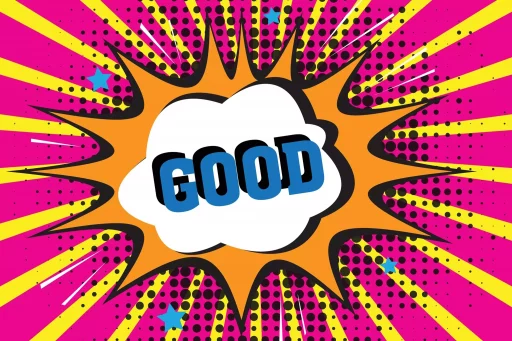Introduction
Slang is an ever-evolving aspect of language that reflects cultural shifts and social dynamics. One term that has gained popularity recently is ‘lime.’ Although it may seem straightforward when thinking about the fruit, in the world of slang, its meanings vary significantly. In this article, we explore the different interpretations of ‘lime,’ from its origins to its application in modern conversations.
What Does ‘Lime’ Mean in Slang?
In slang terms, ‘lime’ can have various meanings depending on the context and culture. Here are its primary interpretations:
- Lime as a Verb: In certain regions, particularly in Caribbean English, the word ‘lime’ means to hang out, relax, or socialize with friends. For example, “Let’s lime at the beach this weekend!”
- Lime in Relation to Dating: In some dating contexts, ‘liming’ can also refer to flirting or casually meeting someone during social events or outings.
- Lime in Drug Culture: In more urban settings, ‘lime’ can be used to refer to cannabis, with ‘limes’ representing the act of smoking.
Origins of the Slang
To understand the usage of ‘lime’ as slang, we must trace its roots back to Caribbean culture, where it’s commonly used in Trinidad and Tobago, as well as other islands in the region. The term emerged in the 1990s and was used to describe leisure activities, likely influenced by the laid-back lifestyle often associated with island life.
As Caribbean immigrants migrated to urban cities, especially in the United States, the term ‘lime’ traveled with them, gradually gaining traction within various cultural groups.
Examples of ‘Lime’ in Use
To give you a clearer picture, here are some scenarios where ‘lime’ is used in everyday speech:
- Socializing: “We should go liming after class to catch up on what’s been happening!”
- Casual Flirting: “I met someone cute at the party last night; we spent the evening just liming and flirting!”
- In Urban Context: “I’m gonna lime with my crew tonight. Got my limes ready!” (referring to cannabis).
Case Study: The Popularization of ‘Lime’ in Urban Cultures
The term ‘lime’ has transcended its Caribbean roots and found a place in urban slang. In this context, it has appeared in music, online culture, and even memes, contributing to its growing popularity. A notable instance is in the works of artists from the reggae and hip-hop scenes, who have caught on to its cool, laid-back essence, attributing it to social gatherings and carefree lifestyles in their lyrics.
Furthermore, social media platforms like TikTok and Instagram have facilitated the proliferation of ‘lime’ among younger audiences, leading to more widespread adoption in casual conversations. Hashtags such as #LimingLife have become common among users sharing their leisure experiences.
Statistics on Slang Usage
Understanding slang usage can provide insights into cultural trends and shifts. Recent studies on slang usage show the following statistics:
- 30% of Young Adults: Report using slang regularly when communicating with friends.
- 50% of Slang Users: State they believe slang enhances their conversational style.
- 40% of Social Media Posts: Contain some form of slang, indicating its prevalence in digital communication.
Conclusion
The term ‘lime’ is just one example of how language evolves and adopts new meanings over time. By exploring its use in social settings and the cultural backdrop from which it comes, we see how interconnected our language is with our experiences, identities, and communal ties. Next time you hear someone say, “Let’s go lime,” you’ll have a deeper understanding of what they truly mean!




